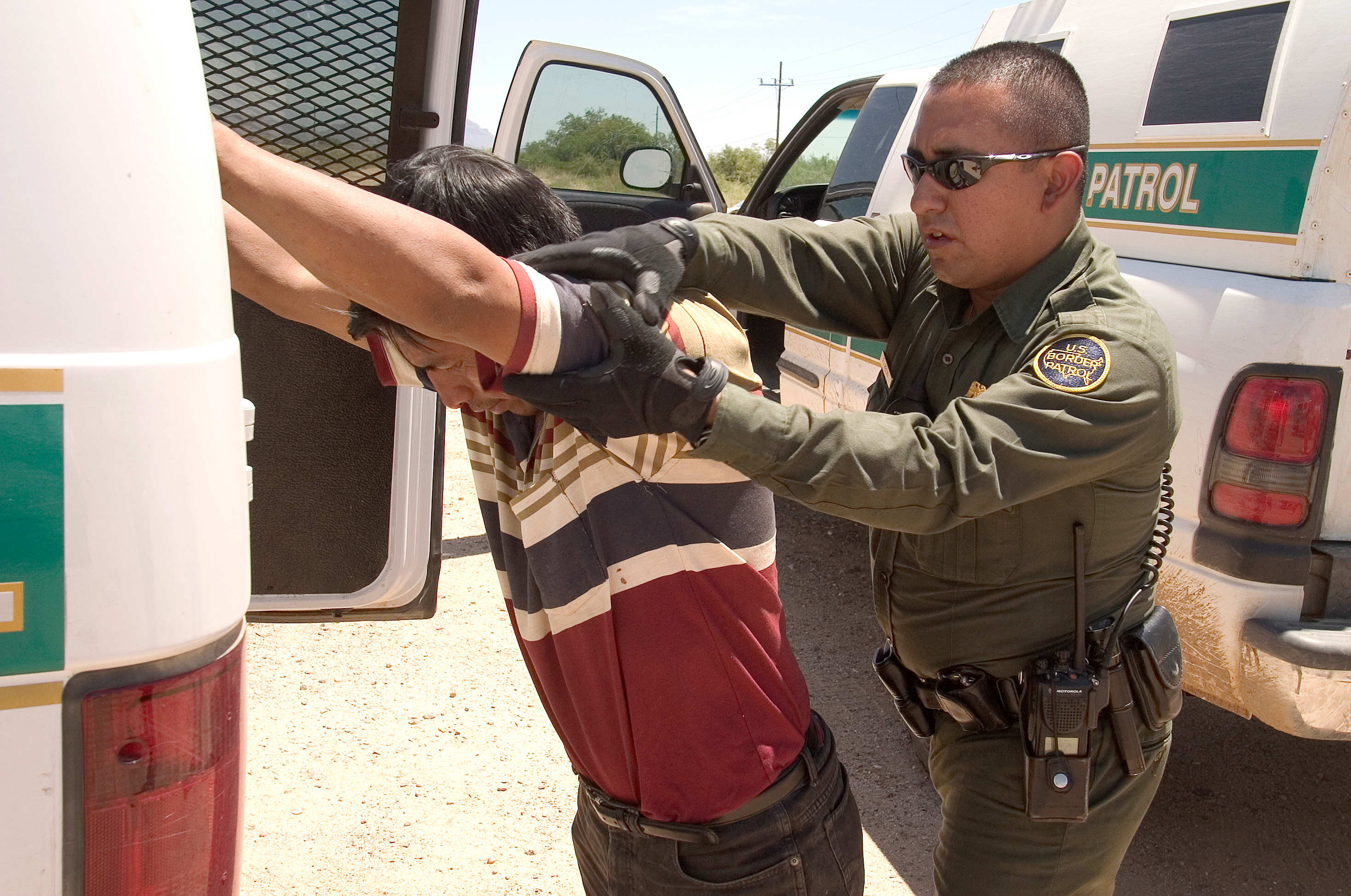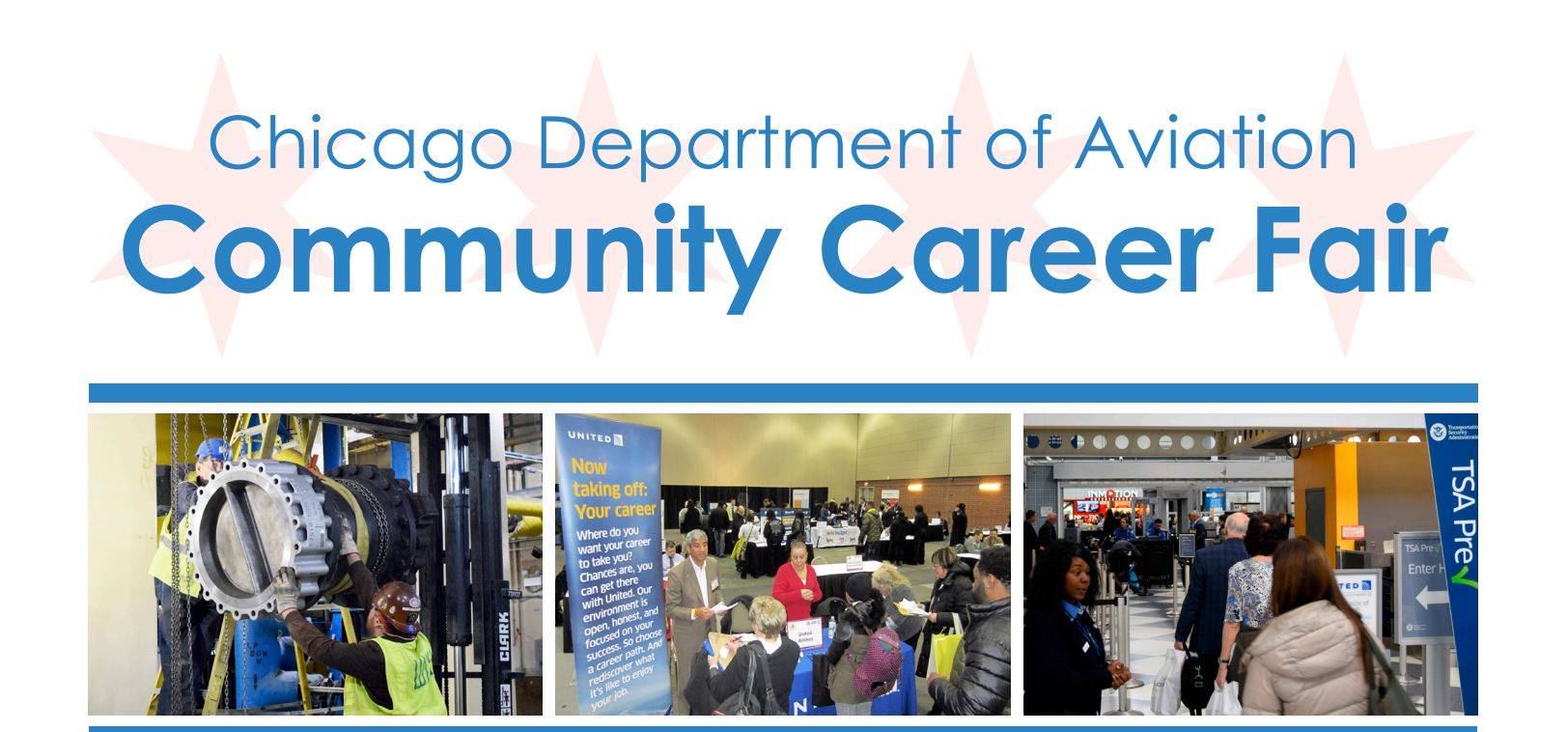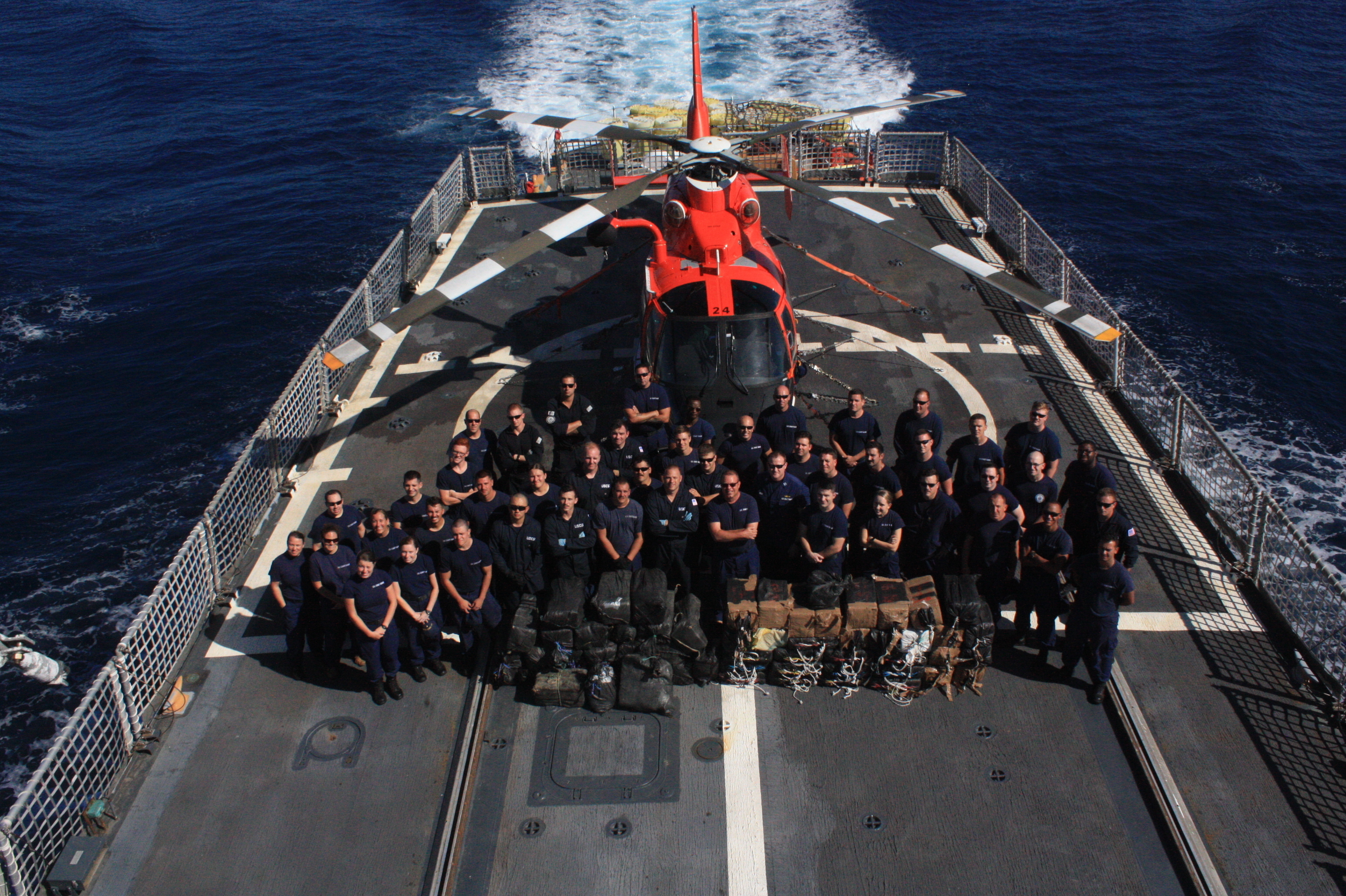
On Friday, the Court of Appeals for the First District (Maine, Massachusetts, New Hampshire, Puerto Rico and Rhode Island) issued an opinion regarding an individual’s First Amendment right to film a traffic stop by a police officer. This matter came to the Appellate Court as an interlocutory appeal (appeal of a ruling by a trial court that is made before all claims are resolved) by defendants over the District Court of New Hampshire’s denial of summary judgment on qualified immunity grounds.
In summary, the First Circuit affirmed the denial of summary judgment to defendants in concluding “that [Plaintiff] was exercising a clearly established First Amendment right when she attempted to film the traffic stop in the absence of a police order to stop filming or leave the area.”
The following excepts come from the opinion in Gericke v. Begin (1st Cir. May 24, 2014)(full PDF available here):
This case raises an important question about an individual’s First Amendment right to film a traffic stop by a police officer. Carla Gericke attempted to film Sergeant Joseph Kelley as he was conducting a late-night traffic stop. Shortly thereafter, she was arrested and charged with several crimes, including a violation of New Hampshire’s wiretapping statute. Gericke was not brought to trial. She subsequently sued the Town of Weare, its police department, and the officers who arrested and charged her, alleging in pertinent part that the wiretapping charge constituted retaliatory prosecution in violation of her First Amendment rights. …
Case history
In May 2011, Gericke brought this action under 42 U.S.C. § 1983 and state law against the defendant police officers, the Weare Police Department, and the Town of Weare. In her amended complaint, she alleged, inter alia, that the officers violated her First Amendment rights when they charged her with illegal wiretapping in retaliation for her videotaping of the traffic stop. In May 2012, the officers filed motions for summary judgment, arguing in pertinent part that they were entitled to qualified immunity on Gericke’s First Amendment claim because there was no clearly established right to film the traffic stop. In a thoughtful opinion, the district court ruled that the police lacked probable cause to believe that Gericke had committed illegal wiretapping because “that statute provides that, for a crime to occur, the victim of an intercepted oral communication must have had a reasonable expectation ‘that such communication is not subject to interception under circumstances justifying such expectation.’ Here, the district court reasoned, “the officers had no reasonable expectation that their public communications during the traffic stop were not subject to interception.” …
Case issue
The issue before us is whether it was clearly established that Gericke was exercising a First Amendment right when she attempted to film Sergeant Kelley during the traffic stop. If she was not exercising a First Amendment right, or, on her facts, a reasonable officer could have concluded that she was not, then the officers are entitled to qualified immunity.
If Gericke was exercising a clearly established First Amendment right, then it is in turn clearly established that the police could not retaliate for such activity by charging her with illegal wiretapping without probable cause. Therefore, to determine whether Gericke has a colorable section 1983 claim, we must analyze (1) whether Gericke was exercising a constitutionally protected right to film the police during the traffic stop, and (2) whether that right was clearly established at the time of the stop. …
In the District Court, there remains a dispute as to the Plaintiff Gericke was “fully” cooperative with the police officers’ commands. Nevertheless, the Appellate Court took this interlocutory appeal on the assumption of her facts that she acted in full compliance. You may read the full opinion for the analysis of these questions (Answers: (1) Yes, “her right to film remained unfettered” and (2) Yes, “a reasonable police officer necessarily would have understood that Gericke was exercising a clearly established First Amendment right.“)
Lastly, the Court makes a point to emphasis that filming a traffic stop, or other public police encounter, is not an absolute right.
The circumstances of some traffic stops, particularly when the detained individual is armed, might justify a safety measure — for example, a command that bystanders disperse — that would incidentally impact an individual’s exercise of the First Amendment right to film. Such an order, even when directed at a person who is filming, may be appropriate for legitimate safety reasons. However, a police order that is specifically directed at the First Amendment right to film police performing their duties in public may be constitutionally imposed only if the officer can reasonably conclude that the filming itself is interfering, or is about to interfere, with his duties.
Remember, this is one Court’s opinion in one jurisdiction. Know the law for where you are located. For example, my home state of Illinois is without an eavesdropping law at this time due to the finding of its eavesdropping law to be overly broad and unconstitutional (People v. Clark, 2014 IL 115776). Thus, the Illinois General Assembly must draft and pass a new law that conforms with the court decision.
____
Some of My Amazon Travel Favs (in order of my love):
Pacsafe Luggage Rfid-tec 150 Compact Organizer (various sizes, this one is perfect for me)
Monster Outlets To Go Travel Power Strip (suggest USB model!)
Tumi Luggage T-tech Network Lightweight International Carry-On (FREE Shipping/Returns)
eBags Packing Cubes – 3pc Set (Pick Colors)
Disclosure of Material Connection: Some of the links in the post above are “affiliate links.” This means if you click on the link and purchase the item, I will receive an affiliate commission.
____
Follow Me!
Twitter: @travelblawg
Facebook: facebook.com/travelblawg
Subscribe in the sidebar!















